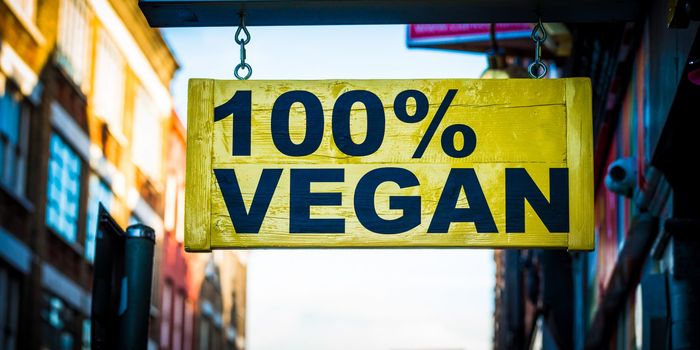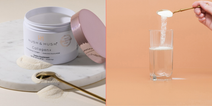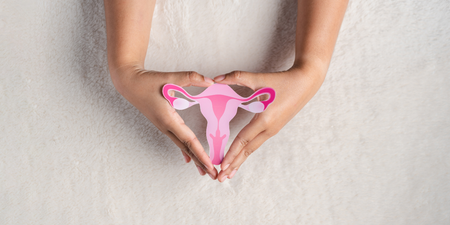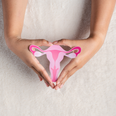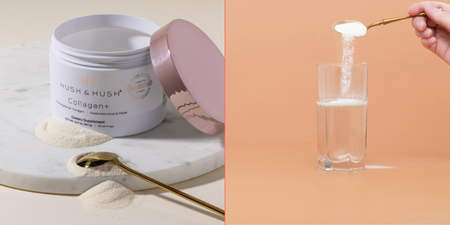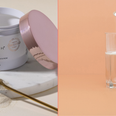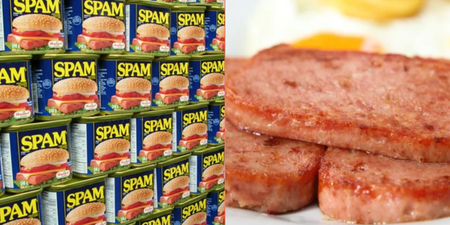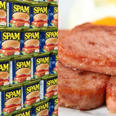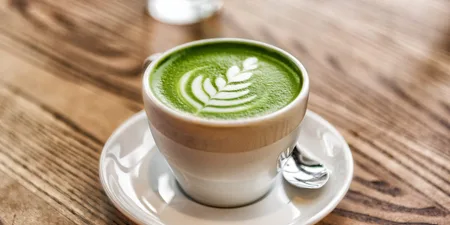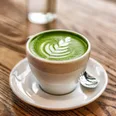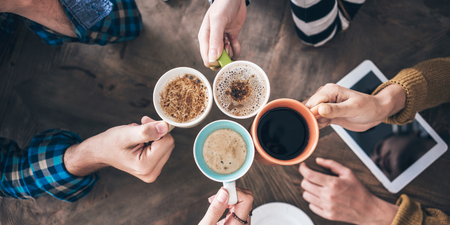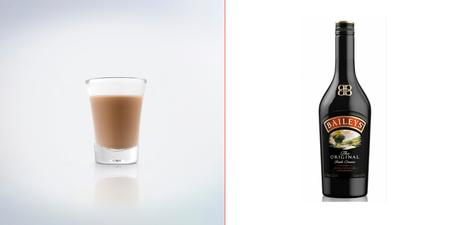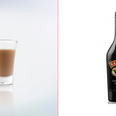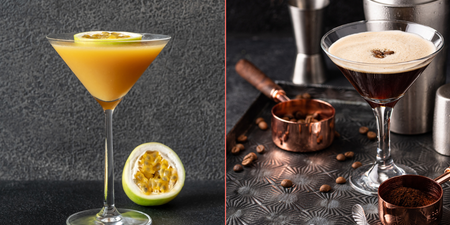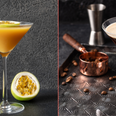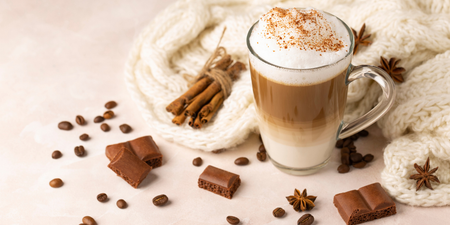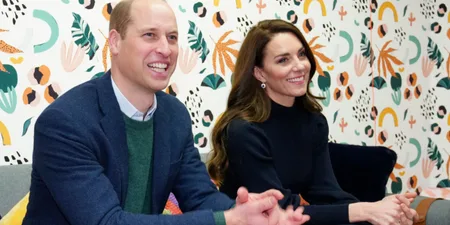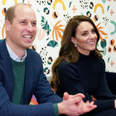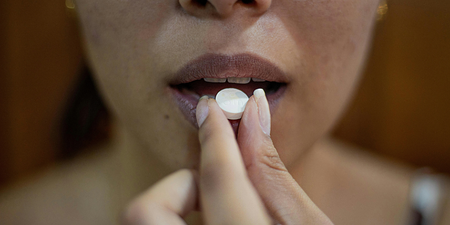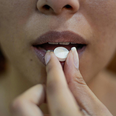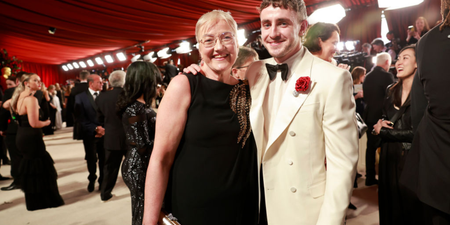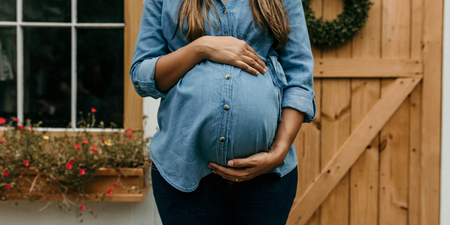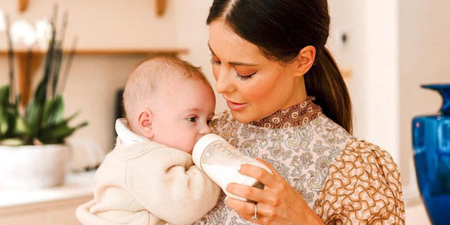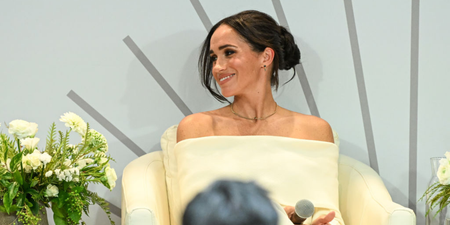Vegans.
They get a lot of flack, don’t they? And undeservedly so.
After all, what is truly so harrowing and controversial about making the personal decision to engage in a plant-based diet for the good of your health, the environment, and the general animal population of the world?
And although the majority of people have (thankfully) accepted that veganism is indeed a suitable way to live your life, a good few people among us still refuse to believe that not eating meat and dairy could ever be good for you.
“That can’t be a healthy diet,” they scream. “How are you getting any of your nutrients?” they moan. “Aren’t you tired from all that lack of iron?” they quiz, blatantly unaware that supplements are actually a thing.
Despite this, veganism has existed for quite some time now and – lo and behold – many vegans are out there among us leading totally heathy lifestyles.
But how exactly are they doing it? And, more importantly, what foods are they eating to achieve it?

Jacqui Smith, member coach nurse from Bupa UK, told Her that yes, vegans can indeed live healthy and prosperous lives based on the foods stuffs they decide to eat.
Just like a meat inclusive diet and a vegetarian diet, a vegan diet can also be entirely healthy – once it’s done right.
That includes eating at least five portions or fruit and veg a day, drinking a load of water (between six and eight glasses), and taking suitable supplements.
“Where possible, meals should be based on starchy wholewheat carbohydrates,” says Smith.
“The food components that vegans need to pay particular attention to are calcium, Vitamin B12, Vitamin D, iodine, selenium and protein.”
Similarly, vegans should be paying particular attention to the amount of calcium they’re getting – especially seeing as they don’t eat diary products.
“They need to make sure they’re getting it from elsewhere,” says Smith.
“Calcium keeps your bones, teeth, muscles and blood in good working order – without it, conditions like rickets in children and osteoporosis in older people, are more likely to develop.”

Smith points to calcium rich vegan friendly foods such as leafy greens like broccoli and cabbage, as well as the old reliable vegan foods such as tofu, nuts, soya beans, dried fruit and fortified flour.
Protein also tends to be a point of contention among vegans and non-vegans alike.
Questions around where to get it and whether what you’re getting is enough have been rife in and outside of the community for years – so when meat and dairy are the obvious contenders, where else do you turn?
Smith says that foods like pulses, beans, cereals, soya products, nuts, and seeds are all great sources of protein for vegans – but that people who may not know where their nutrients are coming from should take extra care when planning their diets.
“Protein helps to build new cells and repair damaged ones,” she says. “Take a look at some weekly vegan diet plans for ways to mix up your mealtimes without sacrificing the taste or your health.”
“Children and pregnant women need to take extra care with their nutrition, so they should always discuss their diet with their GP or a dietitian to establish their vegan diet.”

However, while there are plenty of vegan-friendly foods that do provide enough sustenance, Smith says that vegans do still need to pay attention to vitamins and supplements.
“Vitamins B12 and D are extra important for vegans as lots of foods that naturally contain these vitamins are found within foods that they can’t eat,” she says.
“B12 keeps your bloody healthy and your nervous system working as it should, whilst Vitamin D regulates your calcium levels. Vegans can find these vitamins in some fortified breakfast cereals, unsweetened fortified soya drinks, yeast flakes (which have a nutty, cheesy taste) and yeast extract (like Marmite).
“This limits the options to stay healthy on a vegan diet – especially if you don’t like Marmite! But vitamin supplements will top you up, guarding you against any deficiencies.”
As well as this, vegans can sometimes be deficient in iodine due to the number of foods – like fish and dairy – that are rich in iodine, but not vegan friendly.
“Iodine keeps your thyroid in working order, which plays an essential role in regulating metabolism and growth,” says Smith.
“If you don’t get enough iodine it can leave you tired, moody, constipated, more likely to gain weight and develop a large lump in your throat called a goitre.”
Some amount of iodine can be found in plant-based drinks like soya milk, but Smith says that the amount a person actually gets from drinking it is very little compared to what fish and dairy offer.
“It’s also found in iodised salt and seaweed, but eating either of these in vast quantities isn’t good for your health,” she says.
So, there you go – it is indeed entirely possible to be a healthy, happy vegan without the presence of meat or dairy in your diet.
No excuse now, do you?
